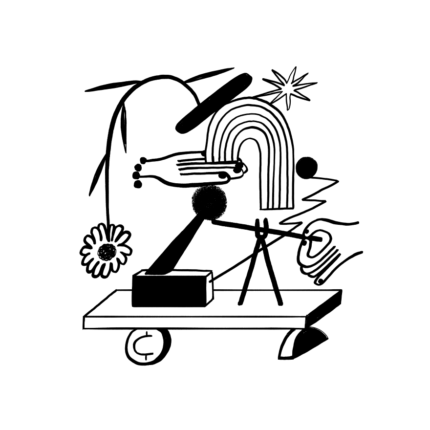
What the new tax filing deadline and stimulus checks could mean for your HSA
For those with health savings accounts (HSAs) and IRAs, the new tax-filing extension means three extra months to add to your 2019 contribution limits.
It’s central to our mission at Starship to provide you with insights, resources, and on some occasions, distractions. As our reality has shifted to fighting the COVID-19 (novel coronavirus) pandemic and bracing for its long-term impacts on our economy and society, our focus has shifted as well.
We’re all being inundated with information right now, and we’re committed to staying focused on our area of expertise: health savings accounts (HSAs) as they sit at the crossroads of health and financial well-being—both critical considerations in these unprecedented times.
This post describes one strategy that may not be available to everyone right now, but that we wanted to help people understand, in case they have the means to get the value out of it right now.
The Tax-Filing Extension and Stimulus Checks
One of the first moves the government made to address the financial impacts of COVID-19 (novel coronavirus) came when the IRS extended the filing deadline for your 2019 income tax return to July 15, 2020. This means three more months to file and pay your federal taxes without penalty. It generally means the same for states as well, but check this USA Today list to see the official update on all 50 states
For those with health savings accounts (HSA) and IRAs, that tax-filing extension also means three extra months to add to your 2019 contribution limits, which can save you money on your taxes.
That news was followed up a couple of weeks later with the CARES Act, which among other things provides a $1,200 stimulus check to millions of Americans, along with additional compensation for those with children.
Many will absolutely need that money to pay for day-to-day expenses or additional coronavirus expenses—we provide more resources for you if you fall into this category near the end of this article. But if you’re among those whose income has not been majorly impacted, you should consider using your stimulus check now to prepare you better for later. Here’s how and why.
Why Contribute to Last Year’s HSA?
To put it simply, maxing out your HSA contributions is a no-brainer way to lower your taxable income, and a great means by which to save in ways you otherwise wouldn’t be able to do.
Maximum contribution amounts are $3,500 for individuals and up to $7,000 for families. And if you’re 55 and older, you can put in an additional $1,000 as a catch-up contribution.
Why contribute to 2019 instead of 2020? Taxes. You’ll still have the same amount of money in your HSA, it’s just that in the eyes of the IRS, you’ll just get a significant tax deduction for 2019 if you put it in there now.
If you happen to be among the chosen few who’ve already maxed out your HSA this year but want to save more on your tax bill, put that money in an IRA!
That’s the short-term benefit. Longer-term, money in your HSA, whether invested or just saved, grows tax-free. So if you can contribute and leave it in there for the foreseeable future, think about how much you’ll have if you plan on using some of it towards your retirement savings.
Take This Into Consideration…
If after reading this article you’re still a bit confused about how to best navigate these unprecedented times with the help of your HSA, we’ve written more to help you out.
And before you go making any big contributions to your 2019 HSA, be sure you have enough money in your savings right now to get you through a few months without work, should that become an issue, or another unexpected situation arises.
If you need access to cash immediately, you might not want to have it tied up in your HSA. Withdrawing from your HSA for non-eligible expenses will get you hit with significant tax penalties, which you want to avoid at all costs. You may actually want to look at an IRA, or 401(k) first in that case, since the CARES Act temporarily removed penalties for early withdrawals (but not for HSAs, unfortunately).
If it makes sense for your financial situation, take this extra time to add to your 2019 HSA contributions. But whatever you do, take care of yourself the way you know best right now. That’s what’s most important.
Everyone’s Situation is Different
The IRS’s decision to extend the tax filing deadline and provide stimulus checks and loans will help millions of individuals and businesses that have been destabilized by the effects of the coronavirus. But even with the government’s newly-implemented changes and additions, many will still find themselves struggling under the lasting effects of the virus and our response to it.
The coronavirus pandemic has proven an ever-evolving situation and one that requires much intervention. It’s likely that there will be more changes to come. If you are recently unemployed or experiencing a lapse in employment, head to benefits.gov for some helpful resources, and be sure to keep checking back with us as things continue to unfold.


